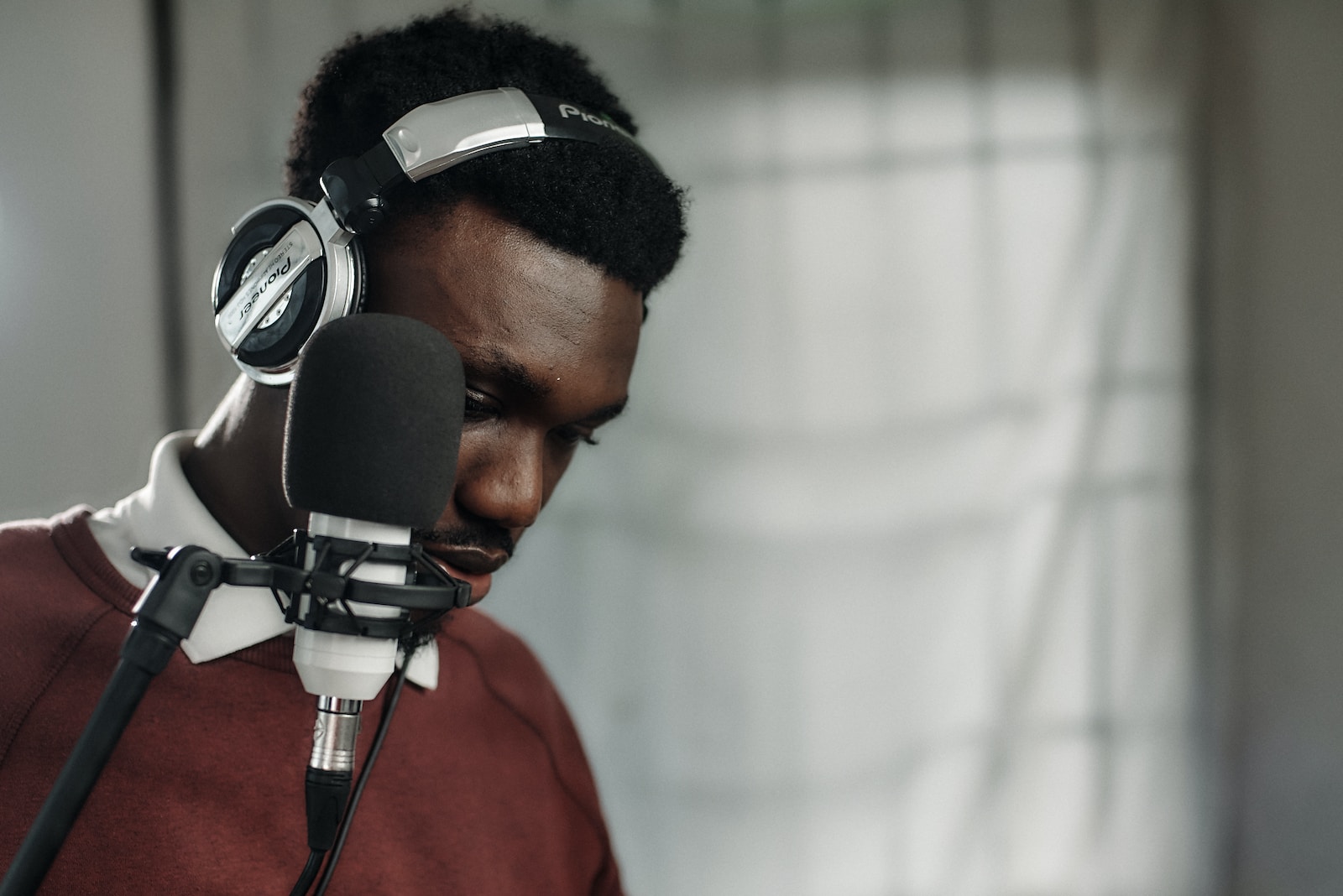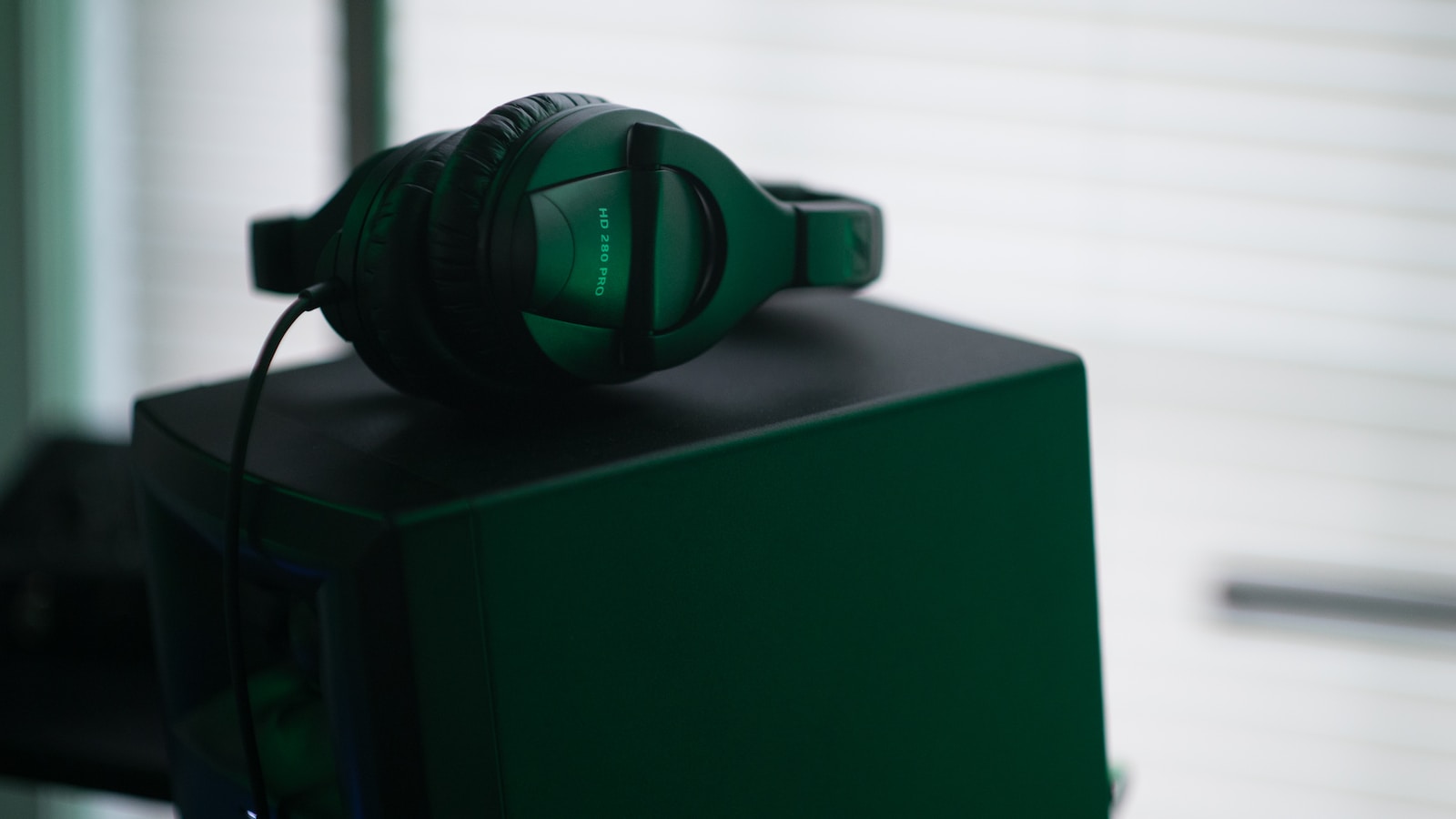
Headphones designed for producers are typically different from those designed for consumers, HiFi enthusiasts, and DJs in several key ways.
- Frequency response: Producers require headphones with a flat frequency response, meaning that they reproduce sound across the entire audible frequency spectrum (20Hz – 20kHz) without exaggerating or attenuating any particular frequency range. This ensures that the producer can hear the mix as accurately as possible and make informed decisions about the balance of the various instruments and frequencies in the mix.
- Impedance: Producers need headphones with a low impedance (typically 32 ohms or less) so that they can be easily driven by the output of an audio interface or headphone amplifier.
- Accuracy: Producers require headphones that accurately reproduce the sound, without adding any coloration or distortion. This ensures that the producer can make informed decisions about the mix and the sound quality.
- Soundstage: Producers often require headphones that have a wide and detailed soundstage, which enables them to hear the placement of different instruments and effects in the mix.
- Durability: Producers often need headphones that are built to withstand frequent use and potentially rough handling, as they may be used in a studio or on the road.

In contrast to headphones designed for producers, other headphones have below characteristics:
- Consumer headphones are designed for everyday listening and are often characterized by a pleasing sound signature that emphasizes bass and treble frequencies. They may have a built-in microphone and controls for phone calls or voice assistants, and may be optimized for use with mobile devices. Consumer headphones may also prioritize style and comfort over technical specifications, and may not have a particularly wide soundstage or flat frequency response.
- HiFi headphones are designed for audiophiles who value a high level of sound quality and accuracy. They often have a neutral to high frequency response that accurately reproduces the music as it was recorded. HiFi headphones may use high-quality drivers, amplifiers, and cables, and may be made from premium materials like wood or metal. They may also be more expensive than other types of headphones.
- DJ headphones are designed for use by DJs and are characterized by a robust build quality, high volume levels, and strong bass response. They may also have a closed-back design to help isolate the sound and prevent feedback. DJ headphones may have a more colored sound signature than other types of headphones, as DJs often need to be able to hear the beat and bassline clearly in a noisy environment. DJ headphones also sometimes characterized by having swivel design which allow DJ to hear cued tracks using one side of ear, while listening to track that is currently playing using the other side of ear.

In summary, it’s important to be able to differentiate between headphones designed for producers, and those designed for consumer, HiFi, or DJ purposes because each type of headphone is designed with different priorities in mind. Using the wrong type of headphone for a particular purpose can result in inaccurate sound reproduction, which can lead to poor decisions when mixing or mastering audio.
For example, consumer headphones may emphasize bass and treble frequencies, which can make the mix sound “punchier” or more exciting, but this can also lead to inaccuracies in the soundstage and frequency response. HiFi headphones may be too neutral for a producer’s needs, as they are designed to reproduce music as accurately as possible, rather than to highlight any particular aspect of the sound.
Similarly, DJ headphones may be too bass-heavy or have a colored sound signature that can make it difficult to accurately assess the mix. And while some HiFi or consumer headphones may have good sound quality, they may not be durable enough to withstand frequent use in a studio or live performance environment.
Using headphones that are specifically designed for producers can help ensure that the mix is accurate and consistent across different playback systems. This can save time and money in the long run, as it can reduce the need for extensive revisions or remixes due to inaccurate monitoring.










































































































